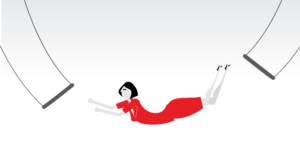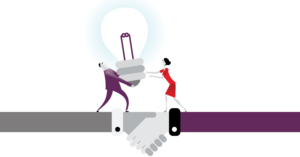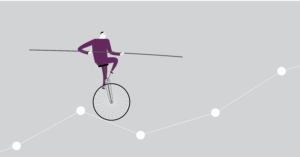
Many years ago, Sally Field famously accepted her Oscar, declaring, “You like me,” she said. “You really like me, ” strongly emphasizing the word ” really. ” What she actually said was, “I can’t deny the fact that you like me right now; you like me.”
We probably misremember or misheard the quote because it isn’t just actors who are motivated by being liked; we all are. Psychologists say this misquote is sticky because it exemplifies a central human need.
And whether we are liked impacts our ability to have long-term, lasting success. Likability is an essential component of EQ, and it impacts the legacy we leave.
Of course, when taken too far, a focus on likeability can also impact our ability to have lasting success.
Last week, I watched Death of a Salesman for the first time in many years. It is a tragic story about a salesman in the 1940s who believes that likeability is all one needs to succeed. And, not surprisingly, he finds out that it isn’t.
Yet, we see the importance of likeability play out in business and, most visibly, in politics.
Here in Chicago, we did not reelect our last mayor because lots of people don’t like her. Contrast that with Mayor “Ritchie” Daley, who served five terms from 1989 to 2011. Mayor Daley was extremely popular. As a result, he could do things people didn’t like (like swoop in and close an airport in the middle of the night, without any authority to do so) because people liked him, even if they didn’t always like what he did. (On side note, the airport closing turned out to be something the citizens of Chicago liked because it became a lovely park and concert venue). And our parks and the overall beauty of the city are part of Mayor Daley’s legacy.
Working with CEOs and C-suite executives, I observe the same phenomenon. Like Sally Field, the leaders who are really liked and respected by their teams get results. They get a pass when they make a mistake, especially when they own it and admit it. And more importantly, they get support when they want something to happen.
As we consider our own leadership, we should ask ourselves, perhaps daily: Even though I may already be respected, what can I do today to hone my EQ skills and increase my likability?






 The initial results of my Pivot are excellent. I feel I have much greater clarity regarding the next 3-5 years..
The initial results of my Pivot are excellent. I feel I have much greater clarity regarding the next 3-5 years.. 